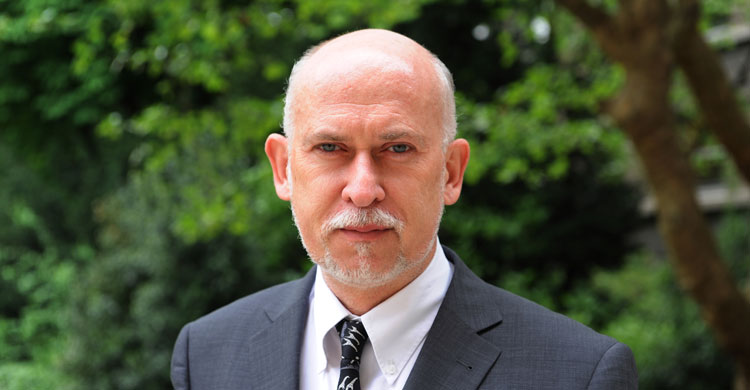End of the Year Message by Jacques Trouvilliez

Dr. Jacques Trouvilliez, Executive Secretary, UNEP/AEWA Secretariat
Bonn, 16 December 2015 - The year 2015 was full of meetings for AEWA – the Technical Committee, then the Standing Committee and finishing off with the 6th meeting of the Parties to the Agreement. This impetus which is renewed every three years is important for the life of the Agreement because it allows us to take stock of what has been accomplished and to set the course for the future. On the occasion of the 20th anniversary of the treaty we were able to assess the progress we have made. It was not easy but thanks to the commitment of many people from a wide range of backgrounds, AEWA has turned the concept of flyway-scale conservation into a reality. The sixth report on the state of conservation of the species showed that the status of the 255 species and 555 populations covered by AEWA did improve where concerted actions had been taken: a network of protected areas, sustainable use and specific action plans for priority species. An article published in Science shortly after the MOP (Runge et al. 2015) confirms this analysis: actions have to be coordinated in space, time and across borders.
Building on its experience and with the support of its Parties, AEWA must go further. Among the many subjects dealt with in Bonn in November, let me cite in no particular order just a few: seabirds, the renewable energy developments, the first multi-species action plan …
The AEWA Plan of Action for Africa adopted in 2012 has proved its worth but a great deal still remains to be done. The will is there, countries are joining AEWA to strengthen their national policies. At a time when economic crisis has beset many countries affecting national budgets allocated to nature conservation, the coordination of effort is even more necessary than ever.
The conservation of biodiversity is not just a scientific matter; it is also one of human commitment and therefore I would like to thank you all – all of you reading this letter – for your hard work and your support. The years ahead will be crucial if we want to achieve the goals that the world’s community of nations set at Aichi within the framework of the Convention on Biological Diversity. AEWA, through its specialized focus on conserving migratory waterbirds, is a standard bearer for the values associated with the preservation of biodiversity and sustainable development in Eurasia and Africa.
Jacques Trouvilliez
Executive Secretary
UNEP/AEWA Secretariat
Last updated on 16 December 2015


